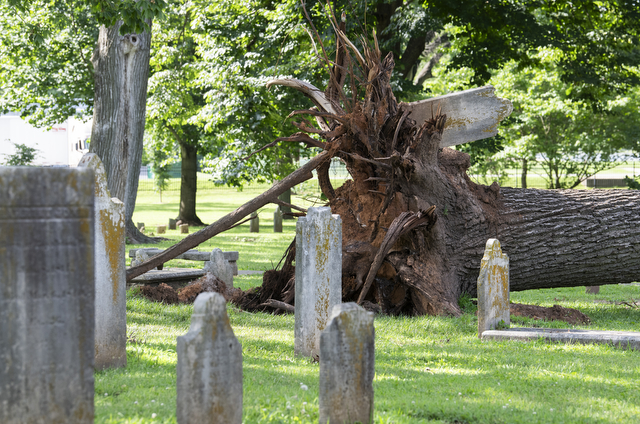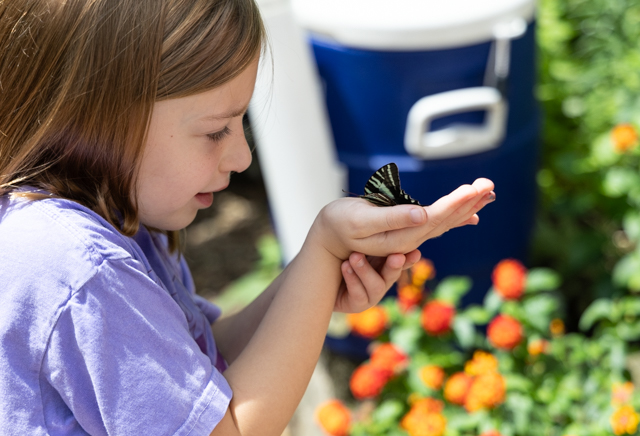Waterfowl hunters should keep water safety in mind during winter
Published 12:00 am Wednesday, December 22, 2010
Statistics compiled by the U.S. Coast Guard show more duck and goose hunters die every year from cold water shock, hypothermia and drowning than from accidents involving firearms.
“The thing about duck hunters is they don’t see themselves as boaters,” said Capt. Mike Fields, boating law administrator for the Kentucky Department of Fish and Wildlife Resources. “They see a boat as a tool to use while hunting.”
Kentucky law requires a readily accessible U.S. Coast Guard approved wearable life jacket for every person on duck boats. In addition, there must be one U.S. Coast Guard approved throwable device (like a throw cushion) onboard for boats 16 feet or longer.
Manufacturers produce camouflage life jackets made with the waterfowl hunter in mind. They have mesh in the upper body that allows you to shoulder a shotgun and also help to keep you warm when cold winter winds come blowing across the water.
A life jacket, however, doesn’t do much if it’s stuffed in a decoy sack when the accident occurs. “If you aren’t wearing a lifejacket when you hit the water, chances are you won’t get it on at all,” Fields said. “Waterfowl hunters worry about staying warm, but not nearly as much as hitting the water unexpectedly.”
You have about 10 minutes to get to safety in winter cold water with a lifejacket on before you begin to lose dexterity and major motor functions.
“All of your blood leaves your extremities to protect your vital organs,” Fields explained. “Find somewhere to get safe. You only have those few minutes to get to where you need to be. Knowing what to do in the first few minutes can mean the difference between you becoming a statistic or a survivor.”
If you fall in cold water without a lifejacket, you only have just a few minutes before you begin to lose your ability to maneuver. “In addition to lifejackets designed for waterfowl hunters, there are float coats, float suits and survival suits to keep you afloat,” Field said. “There is a good chance you will not survive if you fall in the water without a lifejacket at this time of year.”
Kentucky Fish and Wildlife discourages hunters from wearing hip boots or waders in the boat. Hunters drown while trying to take their waders off after falling into the water or their boat sunk or capsized.
“Falling into deep water releases any air trapped in the boots and can have the effect of binding the victim’s feet together so they can’t kick or stay afloat,” Fields said. “Once the hip boots or waders fill up with water, you can’t move and they will only drag you down.”
If you do suddenly enter the water while wearing waders, pull your knees up to your chest. Air trapped in the hip boots or waders can act as a flotation device.
Kentucky Fish and Wildlife recommends the following safety tips for waterfowl hunters:
Wear a life jacket to and from the blind.
Don’t overload the boat; make two trips if necessary.
Don’t wear hip boots and waders in the boat.
Stay near shore and avoid crossing large open water areas, especially during bad weather.
Let someone know where you are going and when to expect you back; tell someone to call authorities if you don’t return on schedule. Tell that person what type of boat you will be in and exactly where you plan to hunt.
In case of capsizing or swamping, stay with your boat; even when filled with water, it will provide flotation and is more likely to be seen by potential rescuers.
It is a good idea to bring your cell phone along in a waterproof, reclosable bag to call for help if you get into trouble. You can use the phone without removing it from the bag.
Duck season runs until Jan. 30, 2011 while the season on Canada goose, white-fronted goose and brant closes the next day. For more information on waterfowl hunting in Kentucky, consult the 2010-2011 Kentucky Hunting Guide for Waterfowl, available wherever hunting licenses are sold. You may request one by calling 1-800-858-1549 or log onto the Kentucky Fish and Wildlife homepage at fw.ky.gov.
The Kentucky Department of Fish and Wildlife Resources manages, regulates, enforces and promotes responsible use of all fish and wildlife species, their habitats, public wildlife areas and waterways for the benefit of those resources and for public enjoyment. Kentucky Fish and Wildlife is an agency of the Tourism, Arts and Heritage Cabinet. For more information on the department, visit our website at fw.ky.gov.






